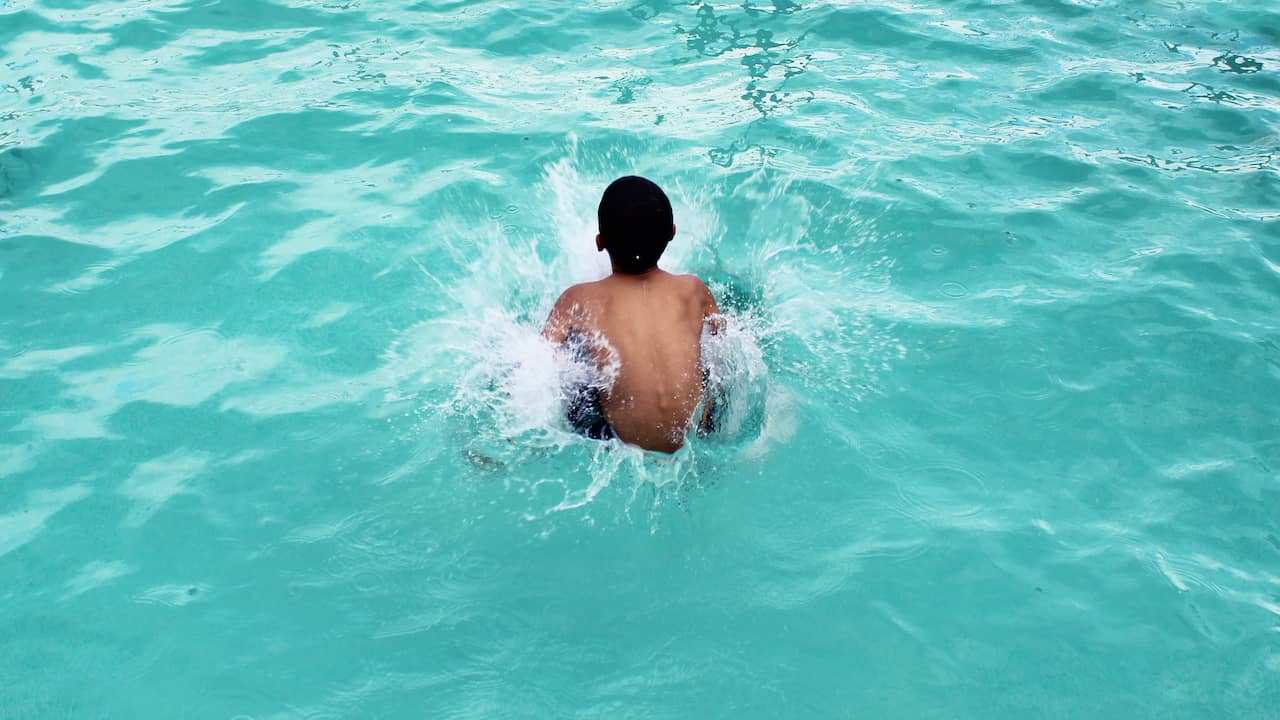When Van Tol started swimming for babies in 2013, Dutch parents weren’t online yet, he says. “It wasn’t known in the Netherlands yet. Now it’s different.” She sees that more and more parents are realizing the importance of swimming lessons. “Every year, seven children under the age of four die in the Netherlands from drowning. A much larger group, eight times as many children, end up in hospital due to, for example, long-term oxygen starvation. which can cause brain damage. After all, this must be preventable.? “
Winter from NSWZ also recommends getting in the water together as soon as possible due to the water habit. He sees that many children who are afraid of water take a long time to graduate. “There are so many children who are already afraid of splashes. For them, going to swimming lessons is a real barrier. You can avoid it with children swimming. From this point of view, swimming with children is a stepping stone to get a swimming diploma “.
Van Tol actually sees this reflection in practice. “The children who have been swimming with me since they were little are much stronger and have more self-confidence in the water. They learn even faster, most of them get their A degree before the 5th grade. In the Netherlands we are used to children who only start swimming lessons from the age of four can, but in survival swimming they learn the basics as a child. “
The NSZW recommends always considering whether a child is ready. There’s no point in going swimming just because you think it’s a fun outing. “If you force your child to swim, your child may be affected later in swimming lessons.”
When your child has finally graduated from swimming, don’t forget to swim regularly together. De Winter: “Even afterwards, a child must continue to practice with the swimming strokes he has learned. Only in this way can we increase the safety of swimming.”


